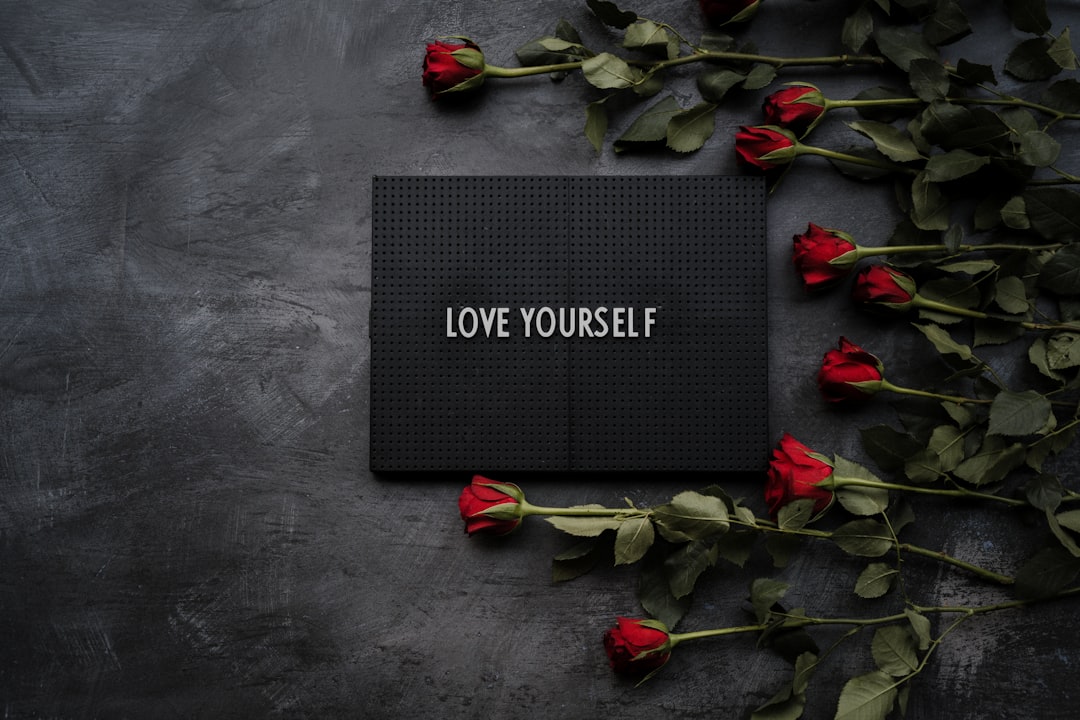Child Abuse and Mental Health Survivors Information - Issue #128
About how I talk to myself versus others.

Last night, I ordered dinner for my wife and I with an app. It's an app I've used many times, similar to many other apps.
I failed to notice that the restaurant only offered pickup orders until we sat around, wondering why I hadn't gotten any notification about our food being on the way. It had been sitting there, getting cold, waiting for us to pick it up for at least 20-25 minutes. We quickly hopped in the car to get it; all the while, I apologized over and over to my wife, berated myself internally for not noticing and screwing up our dinner, etc.
Thank you for reading the Child Abuse and Mental Health Survivors newsletter. Each week, I share new blog posts and other resources that aim to help survivors of childhood abuse and those who are struggling with mental health issues feel less alone as we discuss the issues surrounding our issues.
For more information about me and why this newsletter exists visit the website - Child Abuse Survivor.
When we got there, I ran inside only to discover that the restaurant only had one meal, not two. Part of the order had gotten cut off, and no one caught it until I got there and asked about the second meal. The manager made things right very quickly, apologizing over and over.
My response?
"No worries, it's all good. We've got our food, and that's all that matters."
And then I got back in the car, telling myself that this whole mess could have been avoided if I had handled ordering correctly in the first place.
What is wrong with me?
This is life with anxiety. This is what it's like to struggle with ever feeling like you're enough. If you've done something similar, I see you.
New from the Blogs
Are Active Shooter Drills Harming Kids Mental Health?
But what is the least harmful way to deal with that? What is the least harmful way to inform kids of the wars in Ukraine and Gaza? What is the least harmful way to prepare kids for the natural disasters that seem only to get worse each year?
I don't know. What I do know is that dealing with all of this is hard and only part of the causes of increased needs for youth mental health. Our current mental health system failed many people for years when the need wasn't this high. What we are doing isn't working. Continuing to do the same thing won't work.
When you're young and not on the standard education/career path due to mental health, there's no career history or learned skills to fall back on. I think many employers would view you as unemployable in our current environment. I'm not saying that should be how it is, but it is likely the way it is. My story illustrates the path out of that, but it also contains some privilege. I was able to go to therapy. My family gave me a place to live while I wasn't working. I had access to learning tools. I had to work hard to create opportunities to learn new skills, but I also found myself in places where I could do that. I had help.
Sharing - How to Be a Real Adult With Childhood Trauma
That's what a sense of self means to me. That's what self-worth means to me—knowing that I am an adult, like my neighbors and coworkers are adults. I'm not different and unworthy because of my abuse. I am an adult human with everything that means.
Shared from Elsewhere
Not impossible being the key term in this article - Healing from child sexual abuse is often difficult but not impossible
Which brings us to hope - Thinking about Hope
What to say when someone discloses childhood trauma:
A reminder I needed, especially in light of my story above - Reminding myself that when things get hard, be kind to myself!
I think these two articles are related, don’t you?
Breaking the Stigma: Overcoming Barriers to Mental Health Awareness
Unveiling the Silence: Exploring Why Men Often Shy Away from Discussing Trauma. - hint, stigma is definitely part of it.
Caregiving is hard - Why Caregivers' Mental Health is Suffering
Finally, some recommendations from others:
From the Archives
I’ve written before about the power of touch in a positive way. I think unwanted touch is just as powerful, maybe even more so, but in a negative way. Instead of touch helping us feel connected and supported, it makes us feel violated and unsafe. When we grow up with that kind of touch, it’s easy to equate those negative traits with any and all touching. Thus the reason that survivors can be so wary of being touched at all. When you’ve not had that experience of unwanted touch, it can be difficult to understand why someone would not want a reassuring pat on the back or a hug.
Seeking the Pattern of Our Abuse
Children who’ve not matured to the point of recognizing that things happening around them is not the same as things revolving around them, tend to look at a new experience like being abused, and try to fit it into their world. But, their world only consists of them, so they, naturally, try to figure out why they were abused.
But it’s the wrong question.
The Difference Between Fault and Responsibility
The important thing is recognizing that we have some responsibility for taking our own paths, but we are not at fault for the abuse. The fault will always, always, lie with our abuser.
Thanks for reading. If you find this newsletter informative and helpful to you, spread the word. That’s the best way you can say thank you for the effort I put in each week.
